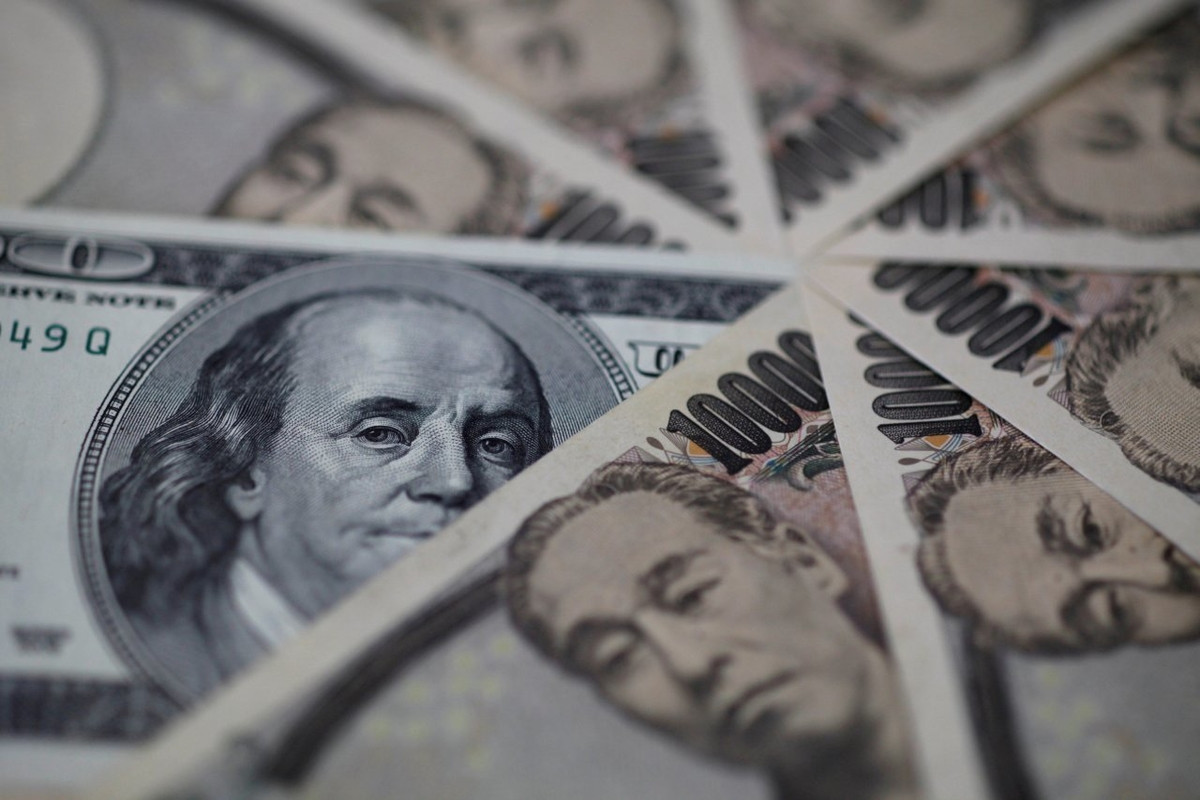
Today, the Bank of Japan (BOJ) begins a 2-day meeting on monetary policy. The further dynamics of the USD/JPY currency pair will depend on the central bank's decisions.
There is heightened nervousness ahead of the BOJ meeting. The Japanese yen tried to recover at the beginning of Asian trading on Wednesday. However, a little later, the dollar increased the pressure, and the USD/JPY pair rose again to the already familiar level of 127.80.
The fluctuations in the exchange rate are due to the opposite forecasts regarding the future policy of the Japanese central bank. Now investors are afraid that it may adjust its tactics to try to stop the yen's decline.
Recall that the growth of the USD/JPY pair has recently been facilitated by a strong divergence in the monetary policy of the central banks of the United States and Japan.
While the Federal Reserve has already started raising interest rates and curtailing the quantitative easing program, the BOJ still adheres to an ultra-soft course.
The dovish position of Japanese officials has already led to the fact that the yen has fallen against the dollar to a 20-year low. If the Bank of Japan continues to bend its line, the national currency may depreciate even more.
The recent collapse of the yen fuels market speculation about a possible change in the BOJ exchange rate and thereby provokes a sell-off of the USD/JPY pair.
However, most experts are inclined to believe that the BOJ will keep its main monetary parameters unchanged.
According to a Bloomberg survey, almost 90% of economists believe that the Japanese central bank will maintain its negative interest rate and asset purchase program.
At the same time, only about 10% of respondents expect a change in the forecast guidance towards tightening.
At the moment, the BOJ cannot act as aggressively as the Fed. The main reason is that the growth rate of the Japanese economy has not yet reached the pre-pandemic level.
To return to the indicators that existed before COVID-19, the BOJ, on the contrary, should announce additional stimulus. But this is also impossible, given the deplorable state of the national currency.
The head of the Japanese central bank, Haruhiko Kuroda, is in a very difficult position. An ardent supporter of the policy of easing is aware that the weakening of the yen exacerbates the already heavy financial burden of ordinary citizens and businessmen.
Anti-Russian sanctions have caused a rapid rise in energy prices in Japan. According to economists, the rise in fuel prices is likely to force the BOJ to raise its quarterly inflation forecast to 2%.
Please note that any figure exceeding 1.2% will mean that the BOJ expects the fastest inflation in the last 30 years.
If the central bank recognizes the price growth as stable, it will strengthen the market's expectations about the normalization of its monetary policy.
The updated inflation forecast and the BOJ's monetary policy decision are likely to be published on Thursday afternoon.





















